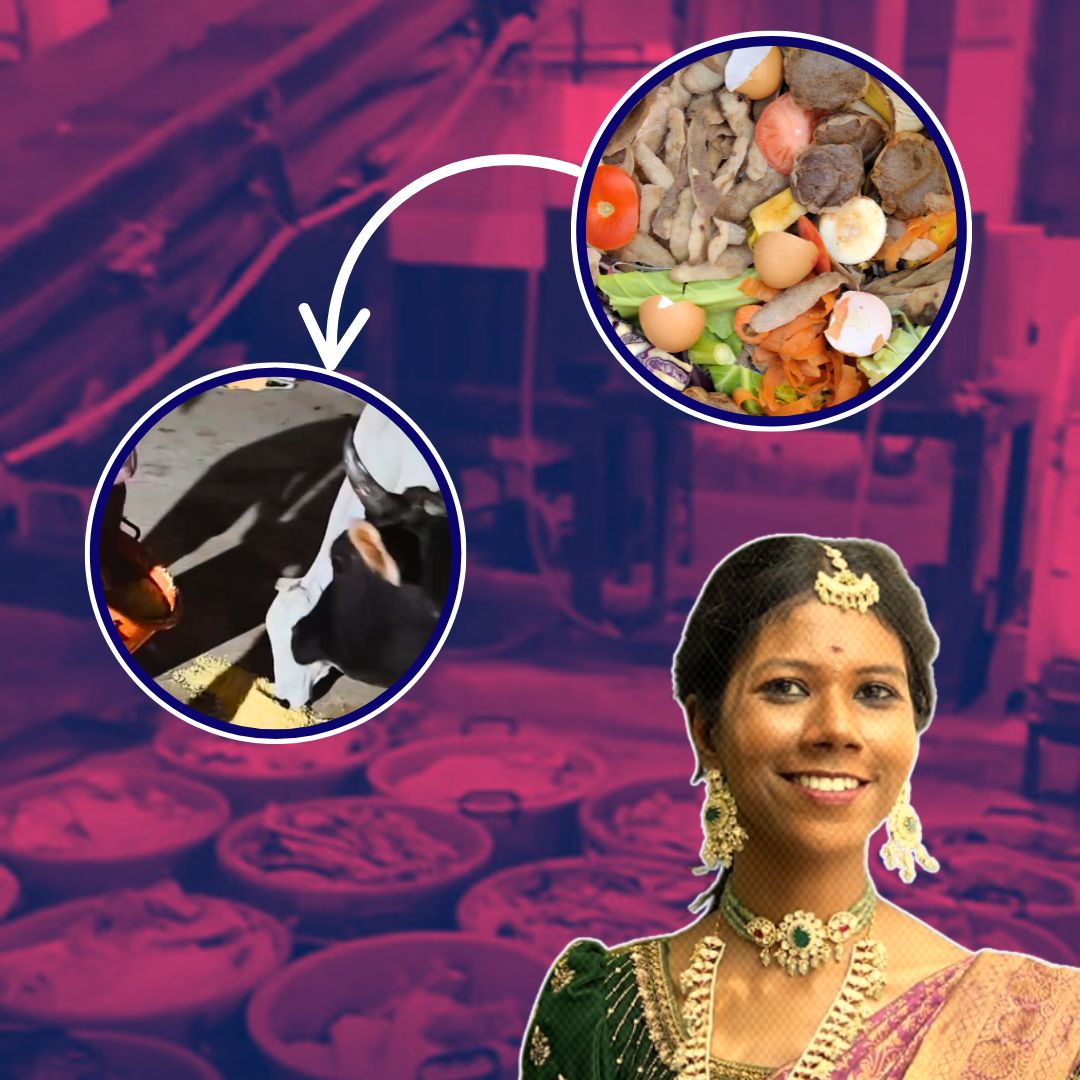Uma Raghavan’s wedding in Chennai has emerged as a pioneering example of sustainable celebrations, diverting 110 kg of waste from landfills through meticulous segregation, composting, and recycling. Collaborating with environmental group Connect2Bhoomi, the bride and her team repurposed food scraps for cattle, transformed banana leaves and floral waste into manure, and reused plastic bottles for décor.
Despite unavoidable plastic use, the event educated 200+ guests on waste reduction, reflecting a national shift toward eco-conscious weddings. “Every small effort counts,” Raghavan stated, underscoring the power of individual action in driving environmental change.
A Blueprint for Zero-Waste Celebrations
Raghavan’s team segregated waste into four streams: organic, recyclable, non-recyclable, and biomedical (for leftover food). After consulting veterinarians, 20 kg of food scraps were donated to cattle shelters, while banana leaves and floral waste were composted into nutrient-rich manure.
Plastic bottles were cleaned and repurposed as décor, and washing water was redirected to irrigate plants. Connect2Bhoomi’s volunteers stationed colour-coded bins and displayed posters explaining waste segregation, turning the wedding into an interactive sustainability workshop.
“Guests initially hesitated, but seeing the process inspired many to adopt similar practices,” said a team member.
Eco-Weddings Gain Momentum Amid Global Trends
The event aligns with India’s growing eco-wedding movement. Pune-based Greenmyna, which partnered with Raghavan’s team virtually, has composted 8,800 kg of event waste nationwide since 2023, including weddings and corporate gatherings.
Globally, the 2025 Sustainable Wedding Summit in London highlighted innovations like carbon-neutral catering and upcycled bridal wear. In India, couples increasingly opt for plantable invitations, organic silk sarees, and donations to environmental NGOs in lieu of gifts. While government policies lag, municipal bodies in cities like Indore and Surat have begun offering incentives for waste-neutral events.

The Logical Indian’s Perspective
Raghavan’s wedding exemplifies how sustainability can coexist with cultural traditions. By prioritising education and community involvement, the event transformed guests into eco-advocates. However, systemic barriers persist: compostable packaging remains costly, and waste management infrastructure is uneven.
How can policymakers, businesses, and communities collaborate to make sustainable choices accessible to all? As climate-conscious celebrations gain traction, let’s reimagine rituals to honour both heritage and the planet.












